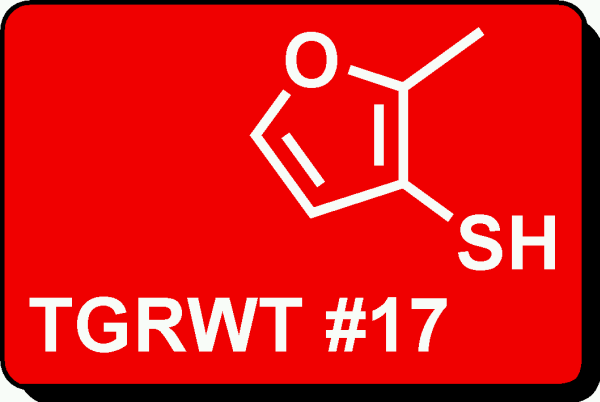
Hot on the heels of the round-up of last month's Chicken & Rose pairing challenge, Malin & Lisa of the blog Matmolekyler are hosting round #17 of They Go Really Well Together, and rose again finds itself in the pairing.
This time, the pairing is apple and rose - and is very, very specific: Damask (Rosa × damascena) or related roses and Cox Orange or Elstar apples.
Even though we live in Washington State, known for it's apples, and just a few short hours away from the Rose City (Portland, OR), I'm not sure I'll be able to find the specific cultivars called for this time around, so I may have to sit this one out. The information provided about the shared chemical compound, a ketone called beta-damascenone, seems to suggest that replacing the specified roses and/or apples with more common, available varieties would invalidate the experiment - namely determining if that shared compound, found in Damask roses and Cox Orange & Elstar apples, makes these a good flavor pairing. Although the culinary explorer in me would love to participate, I'm not sure if the scientist in me can in good conscious present a dish that doesn't actually evaluate the hypothesis in question.
However, based on the wikipedia listing for rose oil, it would appear that beta-damascenone is present, and is the primary odor contributor to all rose oils... so maybe I can just wing it with any old rose, and do my best to find a suitable apple.






2 comments:
Hi! Of course you can join in! Rosa × damascena is usually used for production of rosewater. So if you can get your hands on a bottle tre rest will be a piece of rose scented apple cake ;-)
Yes, what Lisa said - it is not actually meant to be *exclusively* damascene roses and Elstar apples, they are just the most well documented sources I could find where beta-damascenone plays an important role for the aroma. Thus the recommendations...
That's the scientist in *me*, not wanting to have poorly documented facts as basis for a hypothesis to test. Don't let it spoil your fun! ;-)
Post a Comment